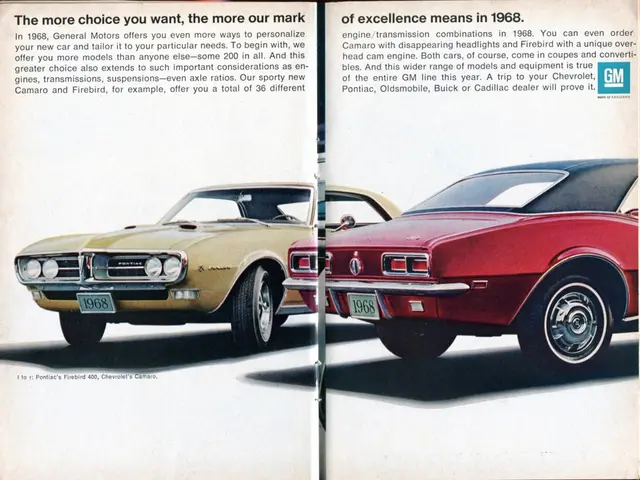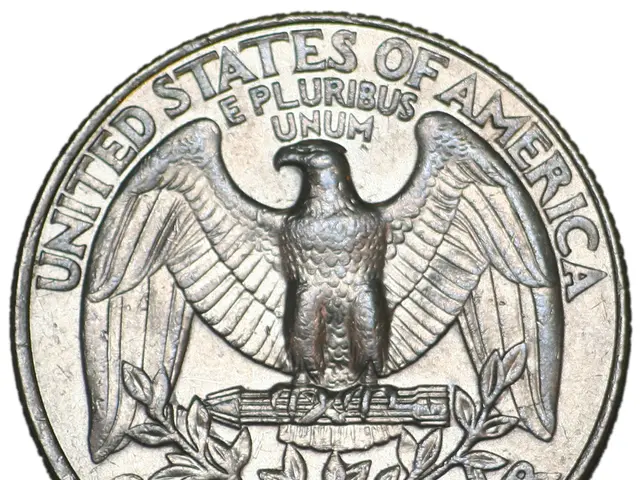Automakers have extended deadlines for achieving EU climate objectives
European Car Manufacturers Secure Additional Flexibility for Emission Targets
The European automotive sector has secured regulatory concessions amid concerns about previously imposed EU climate penalties. The recently agreed-upon changes are now poised to overcome the final hurdle, as EU member countries have agreed to provide car manufacturers more time to meet their emission targets.
Brussels—In a significant development, the EU has agreed to grant automobile manufacturers extended deadlines for reaching their climate objectives. The decision follows a series of negotiations in Brussels, which included adjustments to emission limits. The amended regulations would permit manufacturers a three-year window to meet their targets, rather than annual compliance. As a result, automakers will initially be shielded from penalties.
Both the European Parliament and EU countries have endorsed a proposal by the European Commission to loosen regulations. The revised rules will be officially published in the EU Official Journal and will take effect 20 days later.
Notably, if car companies such as Volkswagen, Mercedes-Benz, BMW, and others surpass CO2 emission limits this year, they will no longer be immediately subjected to fines. Instead, they may avoid penalties by demonstrating superior performance over the following two years.
The proposed fines are based on fleet limits, which allow a manufacturer's average CO2 emissions per vehicle to remain below a set limit in a given year. With the tightening of these requirements at the beginning of the year and the slow growth in electric vehicle sales, manufacturers risk significantly exceeding the established limits.
With the new regulations, car manufacturers will have to reduce their fleet-wide CO2 emissions by 15% compared to 2021 levels during the period of 2025–2029. However, instead of assessing annual targets, manufacturers will be able to average their CO2 emissions over a three-year period (2025–2027). This means manufacturers can offset excessive emissions in one year with better performance in subsequent years within the specified period.
Since tightened regulations could potentially impose significant financial burdens on car manufacturers, some political groups question the reform's effectiveness. The League, for example, argues that the new regulations do not adequately address the industry's underlying challenges and merely postpone penalties without encouraging more substantial sectoral transformation.
The new regulations in the European Union will allow car manufacturers more time to meet their environmental-science related emission targets, aimed at reducing CO2 emissions by 15% compared to 2021 levels over a three-year period (2025–2027). However, some political groups, like The League, question the reform's effectiveness, claiming that it fails to address the industry's challenges and merely delays penalties without promoting meaningful sectoral transformation, potentially impacting both finance and science within the industry.




